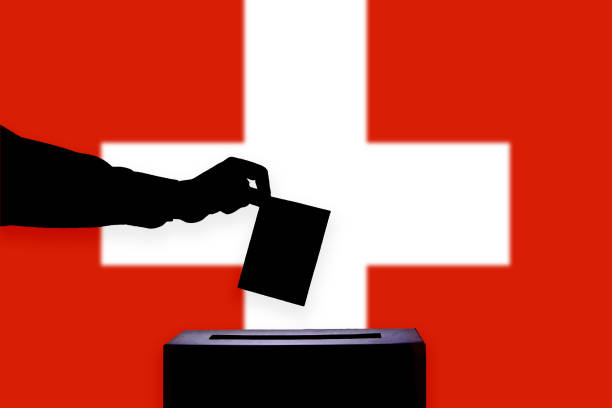Voters have elected a new parliament for the 2023-2027 legislative period. Elections were held at 200 seats of the House of Representatives and 44 of 46 seats of the Senate.
Final results for the 200-seat House of Representatives – the composition of which sets the tone for overall gains and losses – show that the People’s Party gained nine seats (for a total of 62), the Social Democrats gained two (41) and the Centre Party gained one (29). The Radical-Liberals lost one (28), the Greens lost five (23), and the Liberal Greens lost six (10).
In the 46-seat Senate, the Centre Party and the Radical-Liberals have so far won the most seats, but because in some cantons none of the candidates won an absolute majority (more than 50% of votes), a second round will be necessary. These will take place in November. In the second round, the candidate(s) with the most votes wins, regardless of the absolute majority rule.
Turnout was 46.6%, up from 45.1% four years ago.
A record 5,909 candidates stood for election to the 200-seat House of Representatives this year; 41% of them were women. In the end, the number of women elected dropped from 84 in 2019 to 77.
The race for third place, between the Centre Party and the Radical-Liberal Party, was a big talking point of the election. With the former overtaking the latter in the House of Representatives for the first time.
Since the 1970s, most seats of the Swiss legislative body usually go to the country’s four largest political parties: the Swiss People’s Party, the center-right Radical-Liberals Party, the center-right Centre Party and the left-wing Social Democratic Party.
The Swiss People’s Party made strong gains in 1999 and 2003.
Founded in 1971, the Swiss People’s Party advocates a restrictive policy on immigrants and refugees, the principle of neutrality, no further political integration into Europe, and a restrictive taxation and financial policy.











